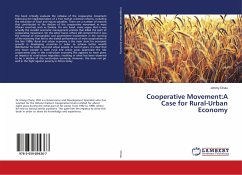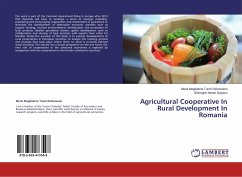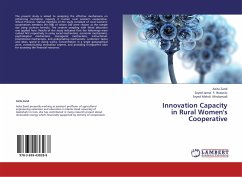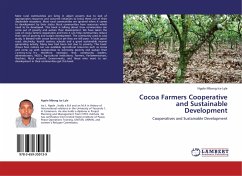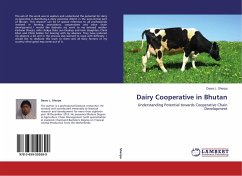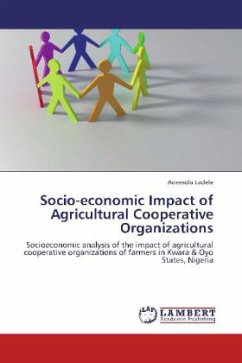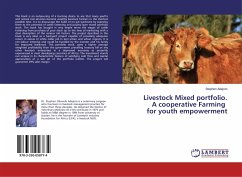The book critically evaluate the collapse of the cooperative movement following the implementation of a free market oriented reforms, including the reduction of food and inputs subsidies. There are a number of reasons that contributed to the decline of the cooperative movement in most African countries such as Zambia. On one hand, some argue that it was actually the socialist economic management policies that killed the spirit of cooperative movement. On the other hand, others still contend that it was the removal of monopolistic and government involvement in the running of the economy that led to the dismal performance of most cooperatives in the late 1990s. Rural and urban economy is the main stem for economic growth in developing countries in order to achieve better wealth distribution for both rural and urban people. In recent years, it is clear that very fewer people in both rural and urban areas appreciate the role cooperatives play in the rural-urban economy.This appears to have given an impetus to rural-urban migration, resulting in what has been observed to be a decline of the rural-urban economy. However, this does not go well in the fight against poverty in Africa today

